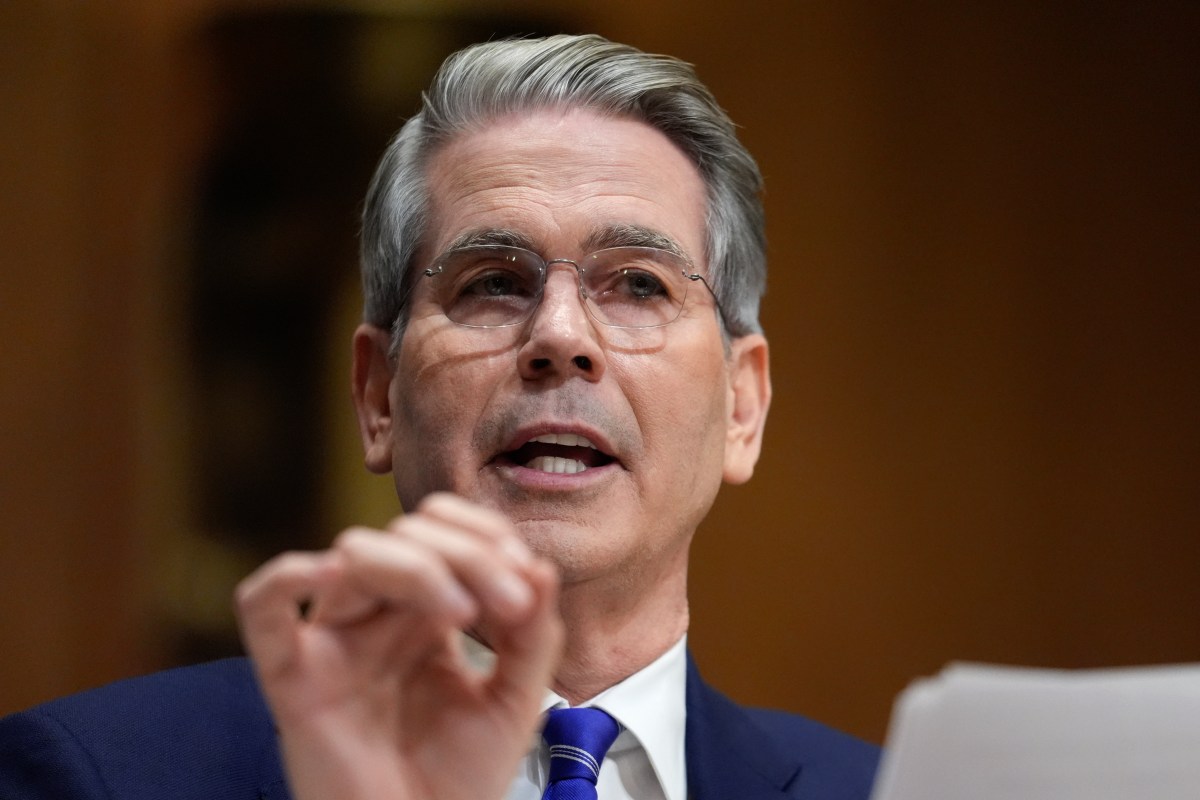Inside the Controversy: Elon Musk’s Team Gains Access to Government Payment Systems
An unexpected revelation has emerged regarding employees from Elon Musk’s department obtaining access to sensitive government payment systems. This development raises critical questions about cybersecurity and the intertwining of private enterprise with public resources. As we delve into this controversy, we will explore the implications, potential risks, and the broader context surrounding the intersection of technology, government, and private enterprise.
Understanding the Context
The controversy began when reports surfaced indicating that certain employees from Musk’s companies had been granted access to government payment systems. This access is part of a broader trend where private companies, particularly those in the tech sector, increasingly collaborate with government agencies. While such partnerships can enhance efficiency and innovation, they also pose significant risks, particularly regarding data security and privacy.
Elon Musk, known for his ventures like Tesla and SpaceX, has always operated at the intersection of cutting-edge technology and public interest. His businesses often rely on government contracts and subsidies, raising the question of how much influence private entities should have over public resources. As Musk’s team navigates this relationship, the implications of their access to federal systems cannot be understated.
The Access: What Does It Mean?
Access to government payment systems typically involves sensitive financial data and transactions. This includes everything from federal employee salaries to payments for government contracts. When employees from private companies gain access to these systems, it raises immediate concerns about:
- Data Security: Sensitive information could be compromised if not managed properly.
- Accountability: Who is responsible for the data once it’s in the hands of private personnel?
- Transparency: How transparent are these arrangements, and are they subject to adequate oversight?
Cybersecurity experts have voiced their concerns, emphasizing that private sector employees may not always be held to the same standards of security compliance as government employees. This disparity raises alarms about potential vulnerabilities that could be exploited by malicious actors.
The Broader Implications of Private Access
The intertwining of private enterprise and public resources is not a new phenomenon, but it has become increasingly pronounced with the rise of tech giants. Companies like Musk’s have revolutionized industries but also raised ethical questions about their reach and influence. When Musk’s team gains access to government payment systems, it highlights several key issues:
- Privatization of Public Services: As more government functions are outsourced to private companies, there is a risk of prioritizing profit over public service.
- Data Privacy: The more entities that have access to sensitive data, the greater the risk of breaches and misuse.
- Regulatory Challenges: Government agencies may struggle to keep pace with the rapid advancements in technology, leading to outdated regulations that fail to protect citizens adequately.
What Experts Are Saying
Industry experts have weighed in on the implications of this access. Dr. Jane Thompson, a cybersecurity analyst, stated, “The reality is that private companies have the resources to innovate rapidly, but this innovation must be balanced with responsibility, especially when it comes to handling sensitive governmental data.”
Others, like Professor Mark Stevens of the National Security Institute, argue that “partnerships between government and private entities can lead to enhanced security protocols that are more advanced than those currently in place within government systems.” This perspective suggests that, while there are risks, there may also be opportunities for improved security through collaboration.
Government Response and Oversight
In light of these revelations, government agencies are being called to evaluate their oversight mechanisms concerning private access to public systems. It’s essential to establish clear guidelines and protocols for how private entities can interact with sensitive government data. Some proposed measures include:
- Regular Audits: Conducting frequent audits of private companies that access government systems to ensure compliance with security standards.
- Clear Accountability Structures: Defining who is responsible in the event of a data breach involving private personnel.
- Enhanced Training Programs: Ensuring that employees from private firms receive training on government data handling and security protocols.
Furthermore, transparency in these arrangements is crucial. Public access to information regarding the nature of these partnerships can help build trust between the government, private companies, and the citizens they serve.
Public Perception and Trust
The public’s reaction to Elon Musk’s team accessing government payment systems has been mixed. Some view Musk as a visionary who can bring innovation to government processes, while others express concern about the potential for conflicts of interest and the privatization of public services. This polarization reflects broader societal debates about the role of private enterprise in public governance.
Trust is a fundamental element in the relationship between a government and its citizens. When private companies gain significant access to public resources, it is essential to maintain transparency and accountability to preserve that trust. Citizens deserve to know how their data is being handled and whether their interests are being prioritized in these partnerships.
The Path Forward
As we navigate this controversy, it’s vital to strike a balance between embracing innovation and safeguarding public interests. While Elon Musk’s involvement in government payment systems presents unique opportunities for efficiency and modernization, it also necessitates rigorous oversight and robust security measures.
Ultimately, fostering a collaborative relationship between the public and private sectors can lead to advancements that benefit society as a whole. However, this must be done with an unwavering commitment to protecting sensitive information and ensuring that public resources remain accountable to the citizens they serve.
In conclusion, the access granted to Elon Musk’s team by government payment systems opens a complex dialogue about cybersecurity, ethics, and the future of public-private partnerships. As this situation unfolds, it is critical for all stakeholders to engage in constructive conversations to address the inherent challenges and opportunities presented by this new landscape.
See more Future Tech Daily

